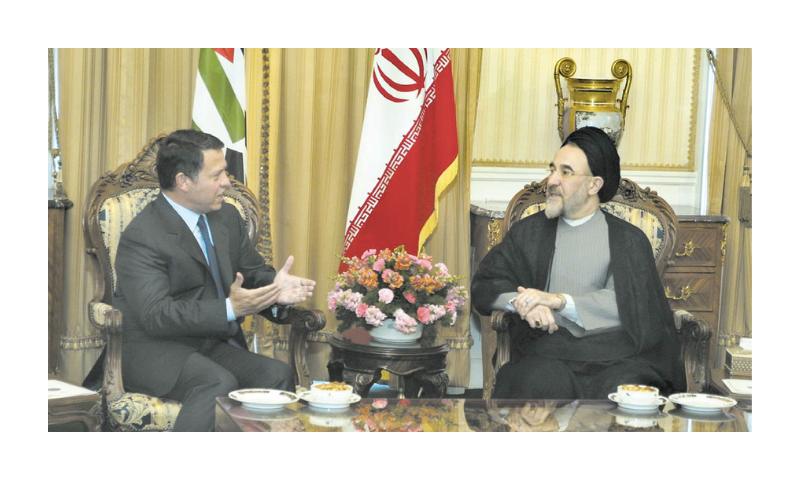“The agreement, which came as a surprise to Jordan’s political and media elites, sparked calls to reassess the kingdom’s own relations with Iran.”
Introduction
The agreement signed on March 10, 2023 between Saudi Arabia and Iran to renew their relations after a seven-year hiatus]sparked a debate in Jordan about the implications of this agreement for the kingdom’s own relations with Iran, and regarding the option of following Saudi Arabia’s example.
The diplomatic relations between Jordan and Iran have been kept at a low level for several years. In April 2016 Jordan recalled its ambassador from Iran over the Iran’s “intervention in the internal affairs of Arab countries, especially of the Gulf states.” This was a gesture of solidarity with Jordan’s ally Saudi Arabia, whose embassy in Tehran had been attacked and torched by Iranian rioters three months earlier. The Gulf countries themselves also recalled their ambassadors from Iran following this incident. In early 2019 the last Iranian ambassador to Jordan, Mojtaba Ferdosipour, finished his term in office, and Jordan refused to receive a new Iranian ambassador.
However, despite this, and despite Jordan’s membership in the pro-Saudi camp, which took a stern line vis-à-vis Iran, Amman’s relations with Tehran were never severed completely. The embassies continued to function at the level of deputy ambassadors, and mutual visits by officials continued. For example, in February 2017 a delegation of Jordanian MPs, headed by then parliamentary speaker ‘Atef Al-Tarawneh, visited Tehran and met with its president at the time, Hassan Rohani, on the sidelines of the International Conference on Supporting the Palestinian Intifada. In December 2022, Jordan’s King Abdullah II met with Iranian Foreign Minister Hossein Amirabdollahian on the sidelines of an international conference on Iraq, held in Jordan.
At the same time, Jordan took a cautious position vis-à-vis Iran over the years, due to the threats posed to it by this country. King Abdullah warned about Iran’s efforts to spread in the region and create a territorial continuum extending from Iran to Lebanon, which he referred to in 2004 as “the Shi’ite Crescent.” The civil war in Syria and Iran’s growing involvement there exacerbated Jordan’s concerns about Iran and about the presence of pro-Iranian militias on the Syria-Jordan border, which the kingdom regards as a grave strategic threat. Moreover, in the past few years these militias have been involved in attempts to smuggle drugs and weapons from Syria into Jordan.
… [To read the full article, click here]


